SUMMARY
This is AI generated summarization, which may have errors. For context, always refer to the full article.
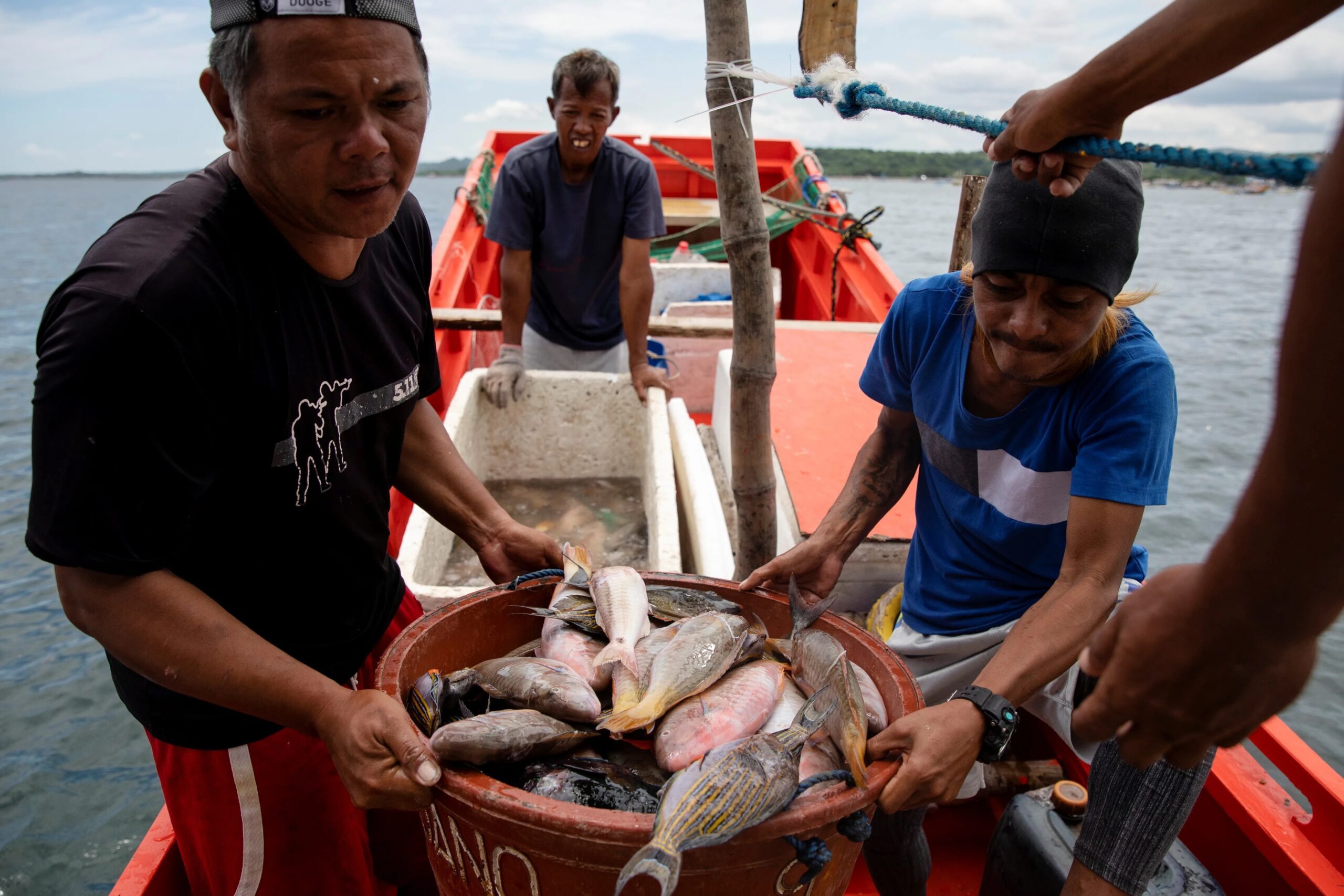
MANILA, Philippines – Ten years ago, the Philippines and China were locked in a tense blockade at Scarborough Shoal, prompting Manila to file – and later win – its historic arbitration case against Beijing. But after years of neglecting the legal victory, paths for the Philippines to assert the ruling in the reef have narrowed, with some analysts warning of a crucial window closing as a new administration takes over in Manila.
Scarborough Shoal, known as Panatag Shoal or Bajo de Masinloc in the Philippines, was declared a common fishing ground for Filipinos, Chinese, and Vietnamese by the United Nations-backed tribunal in 2016. The landmark case was hoped to pave the way for a lasting settlement of disputes in a vital waterway, although no agreement of the sort was had been made in succeeding years.
This has left Filipino fishermen at the mercy of the Chinese Coast Guard, retired Supreme Court justice Antonio Carpio told Rappler.
Since the standoff in 2012, China has wrested control of the maritime feature from the Philippines, forcing Filipino fishermen, who have been chased from their traditional fishing grounds, to sneak into the lagoon for a chance to fish in its resource-rich waters.
“We should have moved to lay down the common rules for fishing there, like the allowable catch in tons per year for each country and the season for fishing and no-fishing. But our government never even brought this up,” Carpio said.
By clearly defining maritime entitlements under the United Nations Convention on the Law of the Sea (UNCLOS), the award provided basis for countries to further talks and cooperation to manage the maritime dispute. The Hague ruling, which had been viewed as an “important crossroads” for China and its global ambitions, was also an opportunity for the Asian giant to “provide responsible leadership” in the region.
Could these options still be present a decade later?
“The path is much narrower and more difficult than it was six years ago because of the Duterte administration’s miscalculation in shelving the arbitral award. But there is still a path forward,” said Greg Poling, director of the Asia Maritime Transparency Initiative run by the Center for Strategic and International Studies.
“If the Philippines and its partners don’t seize it during the next administration, it will probably be too late,” he added.
Lost ground
In recent years, the Philippines has hardened its position in the West Philippine Sea by increasing patrols near the shoal, with the Department of Foreign Affairs mounting a public pushback against China’s actions. These moves, though welcomed by its allies, were long overdue and still ways away from ensuring that Filipinos could access Scarborough Shoal.
That’s in large part because President Rodrigo Duterte, who was handed the award early in his term in July 2016, chose not to press the matter with China. As a result, succeeding years saw the Philippines lose a historic opportunity to build international support to pressure China to comply with the ruling.
“The whole world was watching and over 50 countries had pledged to support Manila when it won the case. All that support was allowed to drift away and with it went the best chance to convince Beijing to negotiate a good-faith agreement for access to the shoal for both countries’ traditional fishing rights as guaranteed by the award,” Poling said.
It’s crucial for Duterte’s successor to fortify broad support for the ruling if China is to be brought to negotiations. “But it will have a much more difficult time of it now that six years have been allowed to pass,” Poling added.
The necessity of a consistent and principled approach to the South China Sea is a key lesson the Philippines should draw from the past decade, said Collin Koh Swee Lean, a naval affairs expert based in Singapore. Beyond issuing strong statements and protests on the matter, this approach should translate to larger investments that would beef up the Philippines’ maritime capabilities.
“Prior to the standoff back then, the Philippines had, at best, maintained intermittent administration over the feature due to the constraints faced by the navy and coastguard,” Lean said. “Maintaining consistent presence in the claimed features contributes to effective administration seen in the eyes of international law.”
This consistency should also be demonstrated in a unified approach on the issue on the part of the Philippine government. Many times over the course of the last six years, Duterte himself would often undermine the Hague ruling and the Philippines’ dispute with China, weakening efforts of diplomats and defense officials to foster stability in the country’s position.
Many experts have likewise pointed out that the President’s strategy to set aside the ruling in favor of pursuing warmer ties, loans, and grants from Beijing has ultimately reaped little to no rewards. Duterte’s decision to prioritize closer ties with China and distance the Philippines from its traditional allies like the United States also meant that responses like joint patrols and exercises with foreign navies were shunned.
“We should be more assertive of our rights under the Arbitral Award,” Carpio said. “We should not hesitate to file another arbitral case against China to protect and enforce our rights. We should go into joint patrols in the WPS (West Philippine Sea) with the US and other countries to demonstrate that we have an exclusive economic zone in the WPS as affirmed in the Arbitral Award.”
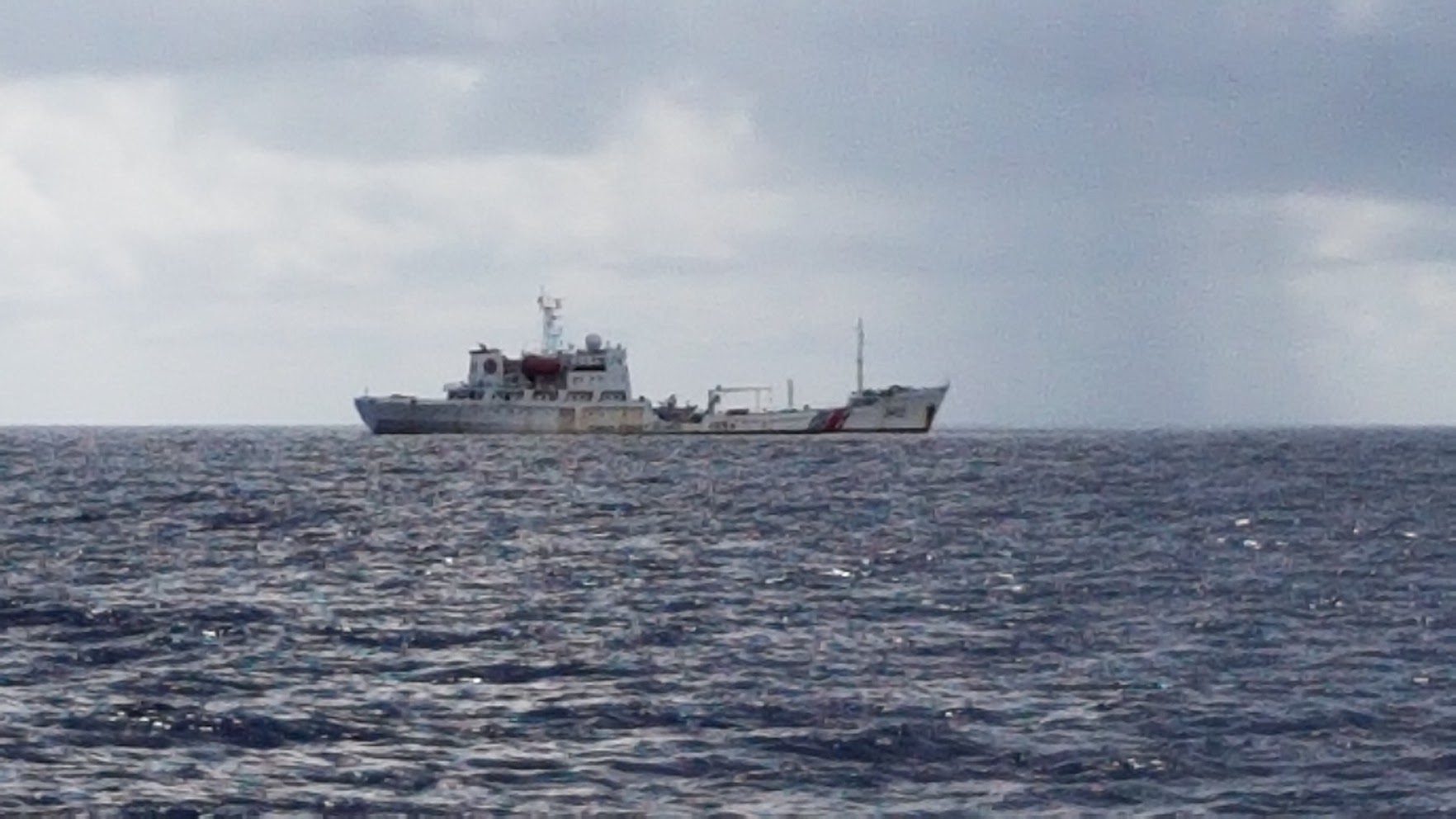
Opportunities open
With the Philippines electing a new president in May 2022, analysts point to renewed opportunities for Manila to regain lost ground.
Carpio, a legal luminary who has championed an aggressive legal strategy to protect Philippine territory, suggested a first priority for the next Philippine president is to work with its neighbors in Southeast Asia on the settlement of overlapping exclusive economic zones (EEZ) and extended continental shelf (ECS) boundaries.
For this, the Philippines should invite Vietnam, Malaysia, Brunei, and Indonesia to submit to voluntary arbitration on the issue. “Once their overlapping maritime boundaries are settled, China will be the only country with unsettled maritime boundaries with these countries,” Carpio said.
This response could be followed up by having Southeast Asian countries enter into a convention “that in their EEZs and ECSs as stated in the arbitral award, there is freedom of navigation and overflight for civilian and military vessels and aircraft in accordance with UNCLOS,” Carpio said.
The same convention could then be opened for accession by other countries that champion the rule of law in the South China Sea – a move that would not only strengthen the arbitral ruling but further debunk China’s expansive claims over the vital waters.
Coupled with this, a new administration should also pick up efforts to increase patrols and document China’s unlawful actions in Philippine waters. This includes conducting aerial reconnaissance and coast guard patrols near the shoal and protesting any mistreatment of Filipino fishermen.
A robust strategy will likewise need to include shoring up alliances within the region and with key partners including the US, United Kingdom, Europe, Japan, Australia, and South Korea. Building engagement not only on the military front, but also in economic cooperation, would also be crucial to provide “more options to pursue in times of peace and crises,” Lean said.
“The international community at large, including the Europeans, must be reminded of their earlier commitments to support the Philippine arbitral award and increase diplomatic costs for Beijing in the United Nations and elsewhere,” Poling said.
“That pressure could make a negotiating offer from Manila more attractive to Beijing; otherwise China has no reason to seek a deal because it is getting everything it wants at zero cost,” he added. – with reports from Jairo Bolledo/Rappler.com
Add a comment
How does this make you feel?
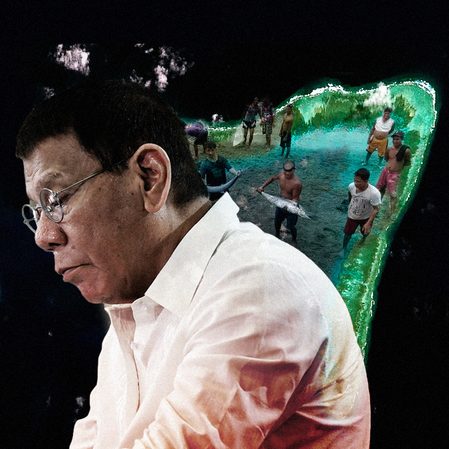
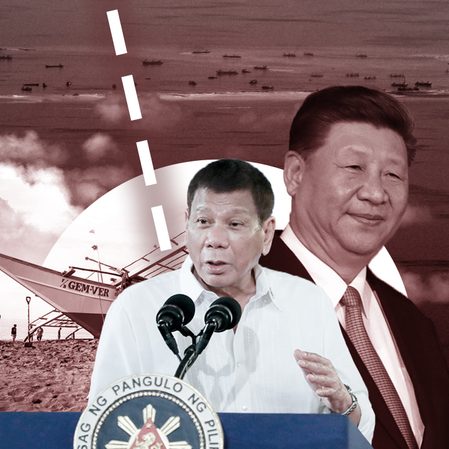








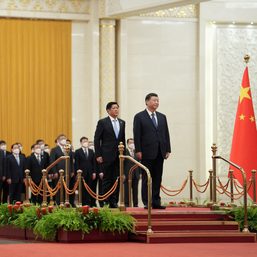



There are no comments yet. Add your comment to start the conversation.